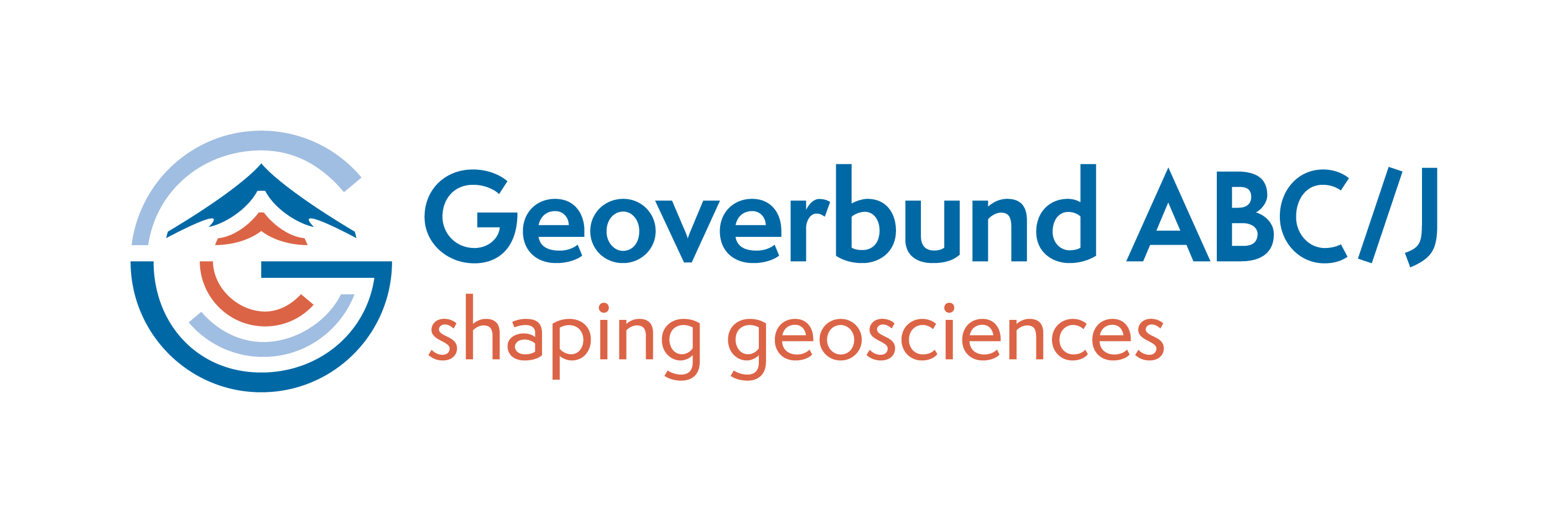Director at the Institute of Bio- and Geosciences - Agrosphere (IBG-3)
at Forschungszentrum Jülich with a W3 Professorship for Terrestrial Systems Analysis at the University of Bonn
The University of Bonn is an international research university with a wide education and research profile. With a 200-year history, approximately 31,500 students, more than 6,000 staff, and an excellent reputation at home and abroad, the University of Bonn is one of the most important universities in Germany and is recognized as a University of Excellence.
The Faculty of Agricultural, Nutritional and Engineering Sciences of the Rheinische Friedrich-Wilhelms-Universität Bonn and Forschungszentrum Jülich are jointly seeking a
Director at the Institute of Bio- and Geosciences - Agrosphere (IBG-3) at Forschungszentrum Jülich with a W3 Professorship for Terrestrial Systems Analysis at the University of Bonn to start as soon as possible.
Terrestrial ecosystems are coming under increasing pressure as a result of population growth, climate change, land-use change, and the effects of land management. The processes that take place in the layer of the Earth’s surface between the upper side of the bedrock and the atmospheric boundary layer – which encompasses near-surface groundwater, soil, and vegetation – play a key role in the functioning of terrestrial systems. A comprehensive understanding of the role of this zone, which is critical to the functioning of terrestrial systems, is essential for predicting the effects of changes in climate, land use, and land management on terrestrial systems and the ecosystem services provided.
The research work conducted at the Institute of Bio- and Geosciences – Agrosphere (IBG-3) aims to understand the hydrological and biogeochemical processes in terrestrial systems, with a focus on human-managed systems such as agricultural land and managed forests, and predict how these processes are affected by human intervention. Its main research activities include the investigation of biogeochemical and hydrological cycles as well as the quantification of exchange processes and subsoil processes within the soil–plant–atmosphere continuum. Sensing technologies, laboratory, field, and regional-scale experiments, as well as modelling approaches are used to bridge gaps between the different spatial and temporal scales on which processes in terrestrial systems take place. The Institute of Bio- and Geosciences – Agrosphere (IBG-3) contributes to stakeholder-driven fundamental research on the bioeconomy and the climate, and closely collaborates with Forschungszentrum Jülich institutes in the research fields “energy and climate” and “information”.
To strengthen our research activities in the field of terrestrial systems analysis, we seek a candidate who can develop and lead future research activities in one or more of the following directions or related topics:
– innovative observation methods for terrestrial systems research, bridging different scales and ranging from detailed and local non-invasive imaging methods to large-scale remote sensing
– the interpretation of observations by combining observations with terrestrial system models, for example using data analysis methods such as data assimilation, physical- or process-based machine learning, or deep-learning algorithms
– analysis of the effects of human intervention on terrestrial systems and the translation of fundamental process understanding into actionable information
As director of the Institute of Bio- and Geosciences – Agrosphere (IBG-3), the successful candidate will collaboratively lead IBG-3 and manage its research portfolio alongside two other directors. The candidate must have strong and inspiring leadership qualities, as well as the experience and ability to provide fresh impetus and advance future research directions in alignment with the research strategy and mission of Forschungszentrum Jülich in the field of bioeconomy.
The W3 professorship for Terrestrial Systems Analysis will be located at the Faculty of Agricultural, Nutritional and Engineering Sciences at the University of Bonn and is based on the “Jülich model” (leave of absence model). The place of work is Jülich.
Conditions of employment are in accordance with § 36 of the Higher Education Act of North Rhine-Westphalia.
The requirements include a university degree, a doctoral degree, and additional academic qualifications, evidenced through a habilitation (post-doctoral lecturing qualification), a junior professorship, or equivalent academic work at a university, research institution, in industry, administration, or other societal sectors. Furthermore, good teaching skills are also essential. The application should include the usual supporting documents (CV, certificates, lists of publications, teaching experience, brief summary of previous research activities including details of third-party funding, and a research concept for the advertised position).
Upon taking up the position, Forschungszentrum Jülich offers support through comprehensive personnel development and dual career programs.
For further information on joint applications, visit https://go.fzj.de/appointments.
Applications must be in English and submitted until 15.10.2025 and should be addressed to Prof. Dr. Heiko Schoof, Dean of Faculty of Agricultural, Nutritional and Engineering Sciences at the University of Bonn, and Prof. Dr. Ir. Peter Jansens, Member of the Board of Directors of Forschungszentrum Jülich. Please submit your application online via the University of Bonn’s appointment portal: https://berufungsportal.uni-bonn.de
Diversity and equal opportunity
The University of Bonn is committed to diversity and equal opportunity. It is certified as a family-friendly university. It aims to increase the proportion of women in areas where women are under-represented and to promote their careers in particular. It therefore strongly encourages women with relevant qualifications to apply. Applications will be handled in accordance with the Landesgleichstellungsgesetz (State Equality Act). Applications from suitable individuals with a certified serious disability and those of equal status are particularly welcome.




